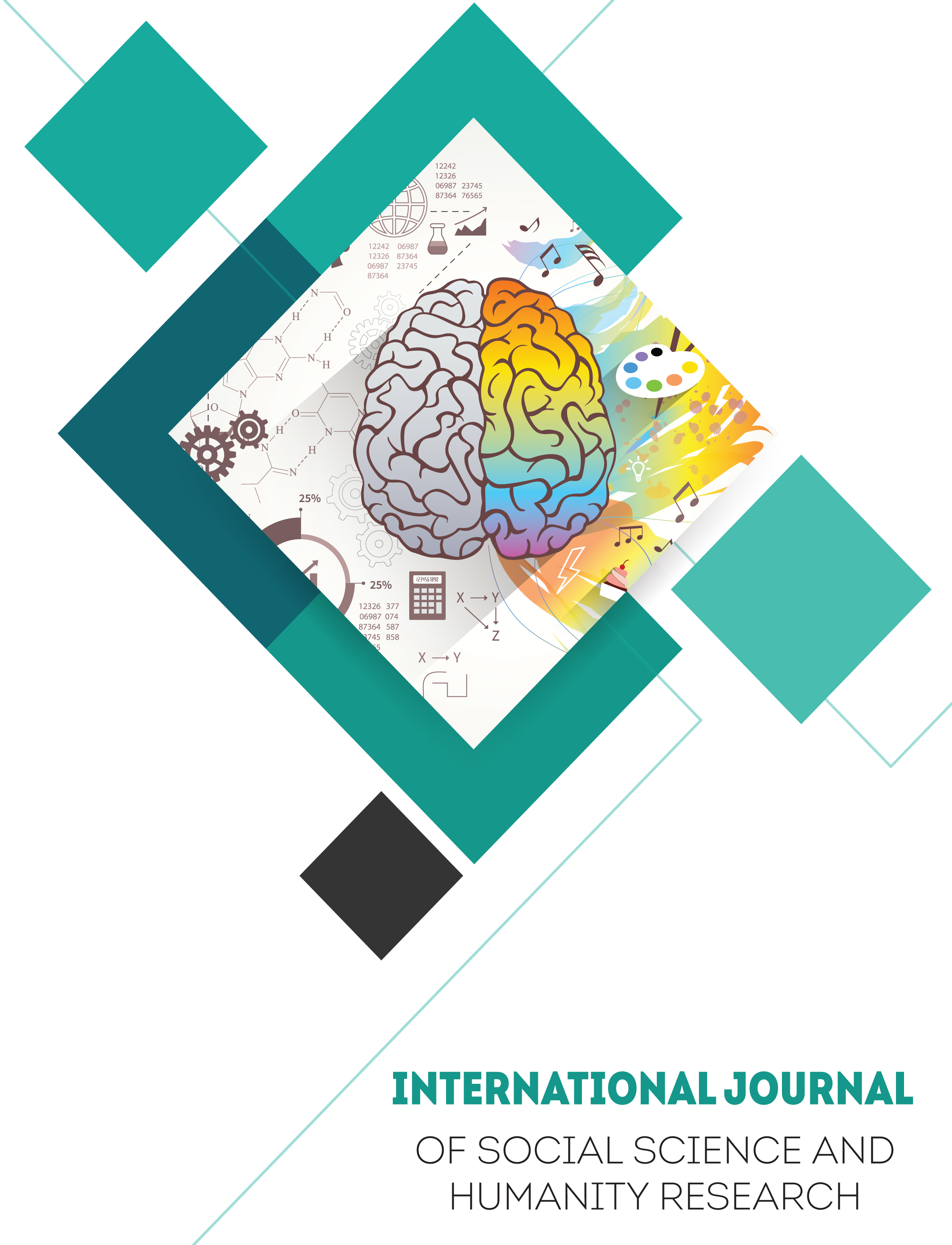The Mathematical Assessment of Teaching Methods in the Classroom: Results from a Leading Chinese Educational Community's Research
Main Article Content
Abstract
Taking into account the, "Very few studies have been conducted on how children learn mathematics because of the political environment in China up until the 1980s. Second, despite Western scholars' interest in understanding the reasons behind Chinese students' remarkable success in mathematics, studies on how students learned the subject have been limited since the 1960s (Wong, 1998; Leung, 1992). in mathematics. Recent years have seen a large number of international conferences attended by Chinese math teachers, but few studies on the subject—particularly those involving students from Mainland China—have been published in foreign journals. Math instruction in Shanghai, a modern city with close ties to Chinese culture, and in Hong Kong, which has always been influenced by both long-standing Chinese culture and imported Western values, both conceptually and practically, are fascinating to compare and contrast. According to Stigler and Hiebert (1999), teaching has cultural significance. In addition to contributing to a better understanding of mathematics classroom instruction in the two locations, the current study has the potential to shed light on Chinese mathematics pedagogy. Reiterating the variation theory of education, "whose original focus was on the learning process, it has only recently been applied to studies of classroom teaching. Such an attempt at a national survey of math education in China has never been made before. The application of this concept in formal educational settings will enhance it. A thorough comprehension of the methods used in mathematics classrooms in Shanghai and Hong Kong will be a great help when implementing the reforms in these two cities, where "a number" of modifications have been "adopted in mathematics education "cities."
Article Details

This work is licensed under a Creative Commons Attribution 4.0 International License.

